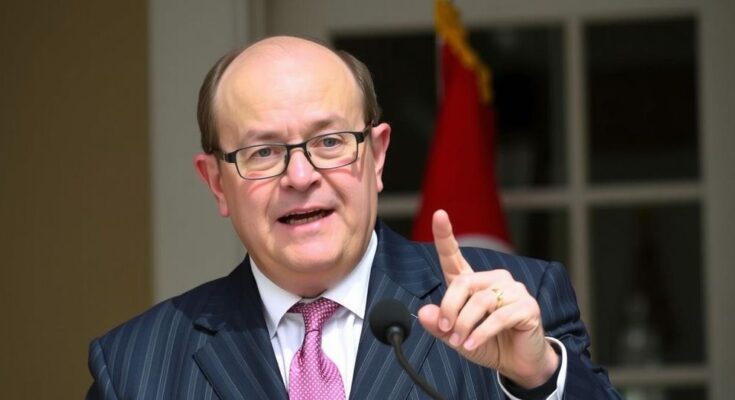Lebanese lawmakers have elected Joseph Aoun, a U.S.-supported candidate, as president, ending a two-year political impasse. His election reflects a decline in Iranian influence and is expected to pave the way for greater stability in Lebanon.
Lebanon’s parliament has elected army commander Joseph Aoun as the country’s president, marking the first such election in over two years. His candidacy, backed by the United States, signals a notable shift away from Iranian influence in Lebanese politics. Over sixty-six percent of lawmakers supported Aoun’s ascension to the presidency, which enables him to commence a six-year term and simultaneously address the prolonged leadership void that has plagued the nation amidst escalating political turmoil.
The election of Joseph Aoun comes at a critical juncture for Lebanon, a country mired in political instability and economic distress. Following the resignation of the former president, the absence of leadership exacerbated the nation’s crises, including widespread corruption and an ongoing economic collapse. Aoun’s election is seen as an essential step in restoring governance, and his alignment with U.S. interests may reshape Lebanon’s geopolitical stance, particularly in relation to Iran, which has traditionally exerted significant influence in the region.
In conclusion, the election of Joseph Aoun as Lebanon’s president is a pivotal development in the country’s political landscape. It not only fills a two-year leadership vacuum but also suggests a strategic pivot away from Iranian dominance towards closer ties with the United States. Aoun’s presidency presents an opportunity to stabilize the nation and tackle the urgent challenges faced by Lebanon.
Original Source: www.poncacitynews.com




